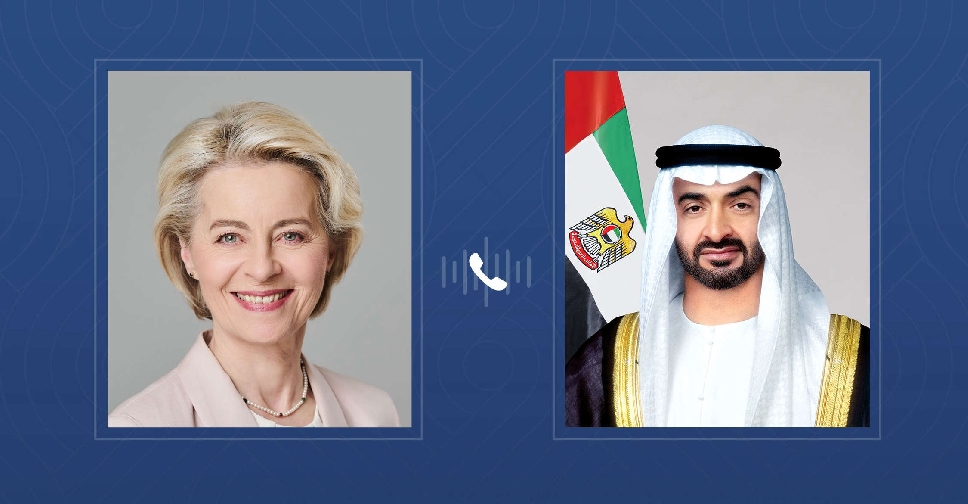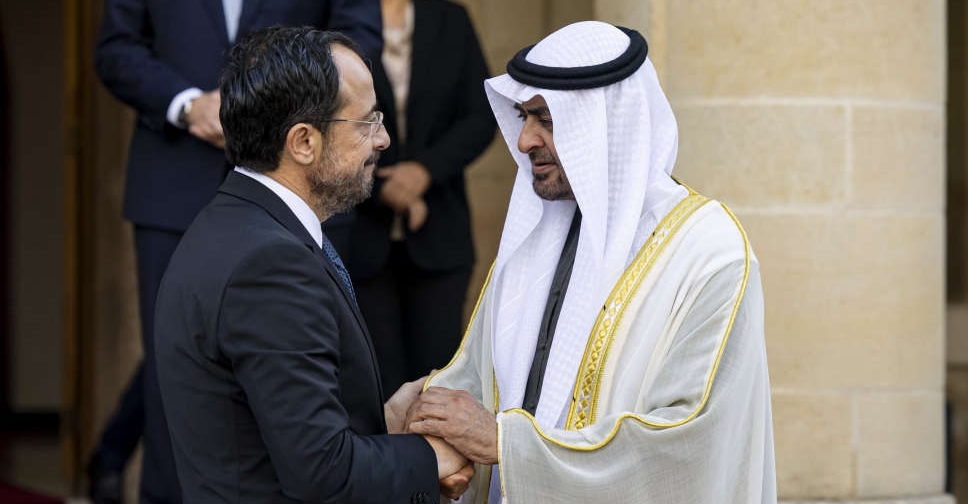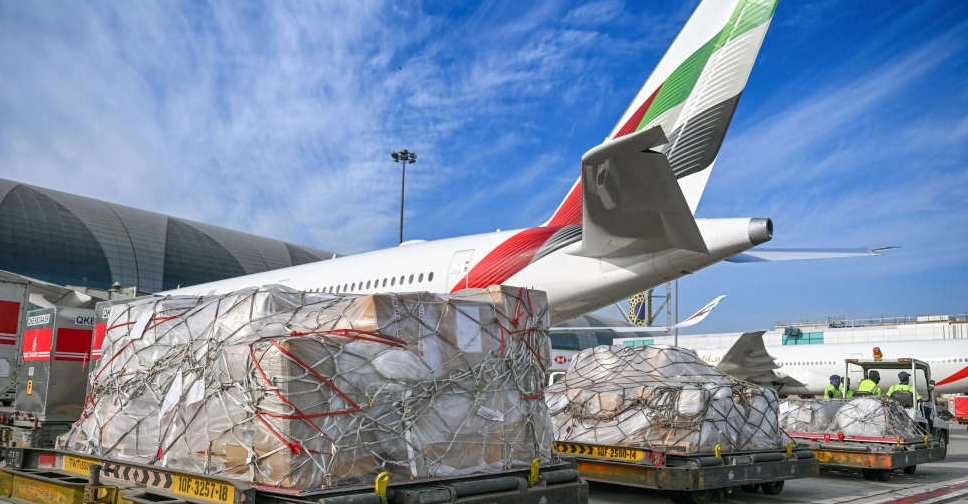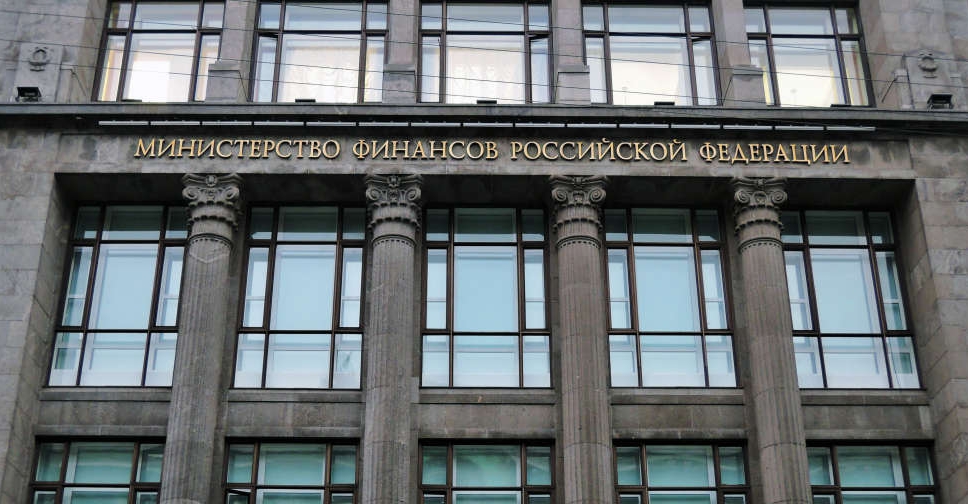
Russsia has defaulted on its foreign debt for the first time in over a century after it missed a Sunday deadline.
Russia has struggled to keep up payments on $40 billion of outstanding bonds since its invasion of Ukraine on February 24, which provoked sweeping sanctions that have effectively cut the country out of the global financial system and rendered its assets untouchable to many investors.
The Kremlin has repeatedly said there are no grounds for Russia to default but is unable to send money to bondholders because of sanctions, accusing the West of trying to drive it into an artificial default.
The country's efforts to swerve what would be its first major default on international bonds since the Bolshevik revolution more than a century ago hit an insurmountable roadblock when the U.S. Treasury Department's Office of Foreign Assets Control (OFAC) effectively blocked Moscow from making payments in late May.
"Since March we thought that a Russian default is probably inevitable, and the question was just when," Dennis Hranitzky, head of sovereign litigation at law firm Quinn Emanuel, told Reuters. "OFAC has intervened to answer that question for us, and the default is now upon us."
While the formal default is largely symbolic given Russia cannot borrow internationally at the moment and doesn't need to thanks to rich oil and gas revenue, the stigma willprobably raise its borrowing costs in future.
The payments in question are $100 million in interest on two bonds, one denominated in U.S. dollars andnd another in euros which Russia was due to pay on May 27. The payments had a grace period of 30 days, which expired yesterday.
Russia's finance ministry said it had made the payments to its onshore National Settlement Depository (NSD) in euros and dollars, adding it has fulfilled obligations.
However, it is unlikely that funds have foundd their way to many international holders. For many bondholders, not receiving the money owed in time into their accounts constitutes a default.
With no exact deadline specified in the prospectus, lawyers say Russia might have until the end of the following business day to pay the bondholders.


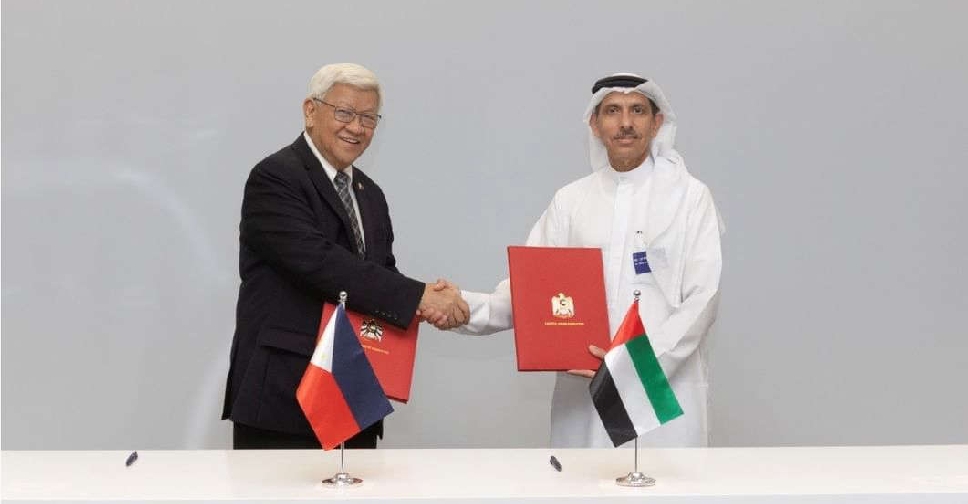 UAE, Philippines agree on additional flight rights
UAE, Philippines agree on additional flight rights
 Dubai launches nationwide campaign to combat economic fraud
Dubai launches nationwide campaign to combat economic fraud
 DP World launches 36-hour Dubai-Iraq sea link
DP World launches 36-hour Dubai-Iraq sea link
 Parkin expands into Abu Dhabi under partnership with DAMAC
Parkin expands into Abu Dhabi under partnership with DAMAC
 Dubai hosts Sustainable Bio International Forum
Dubai hosts Sustainable Bio International Forum
